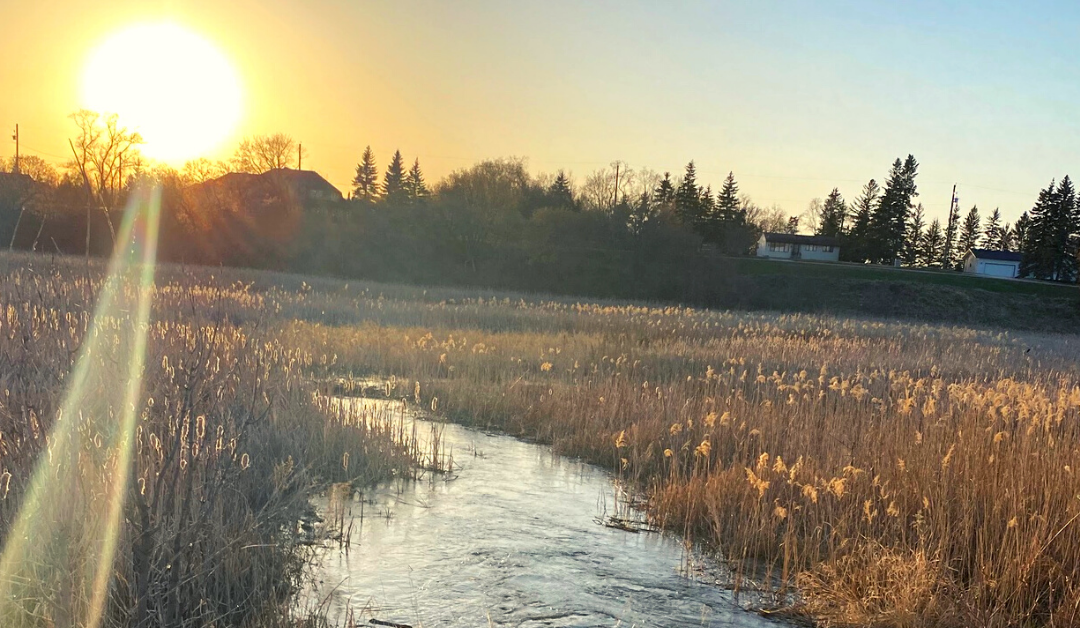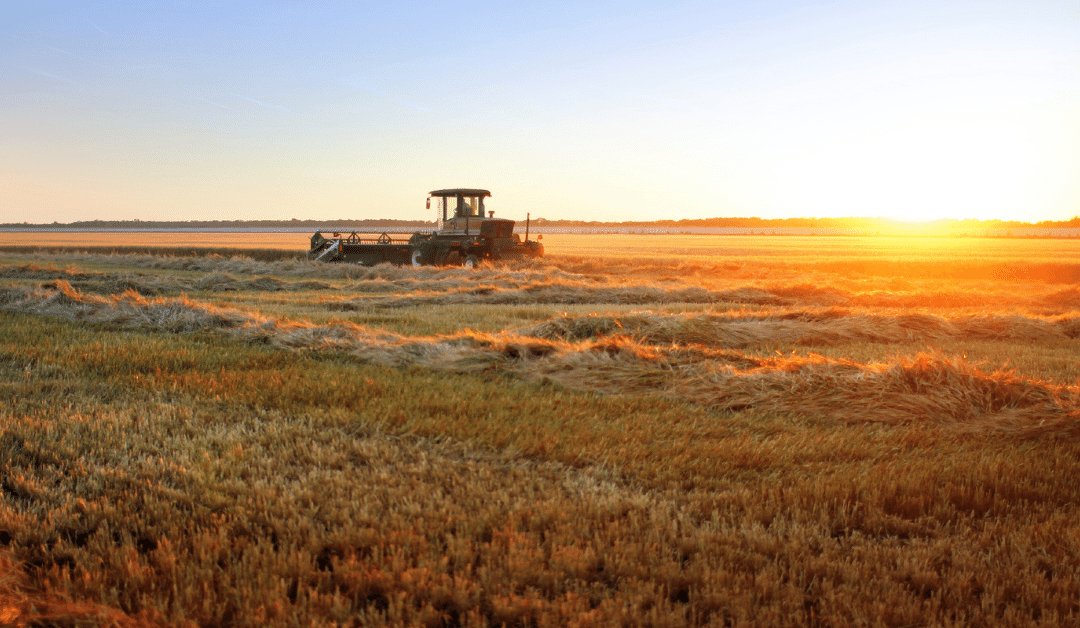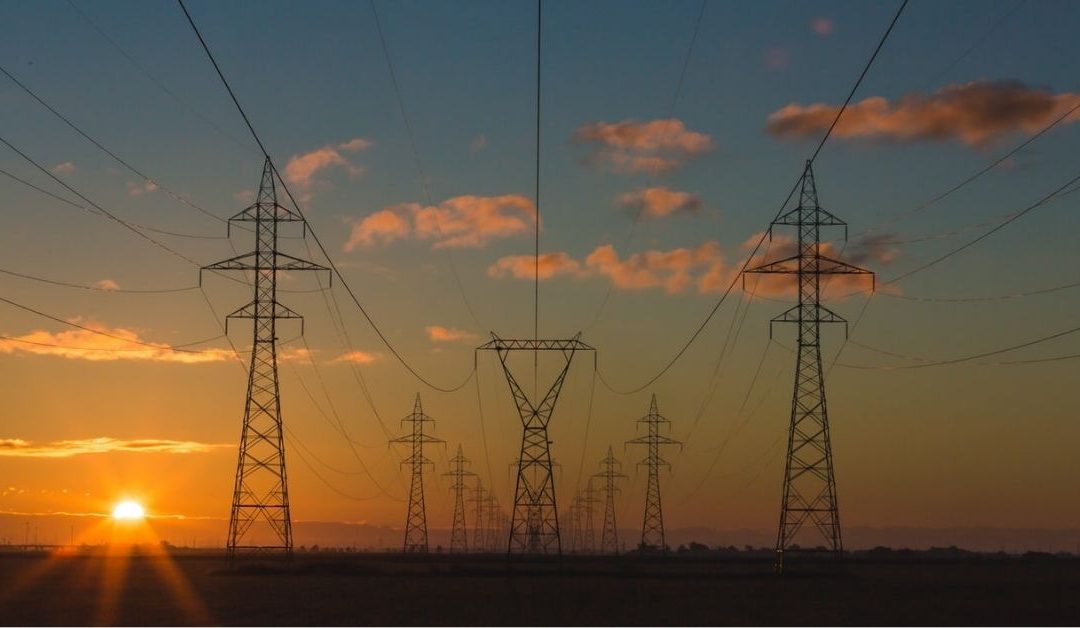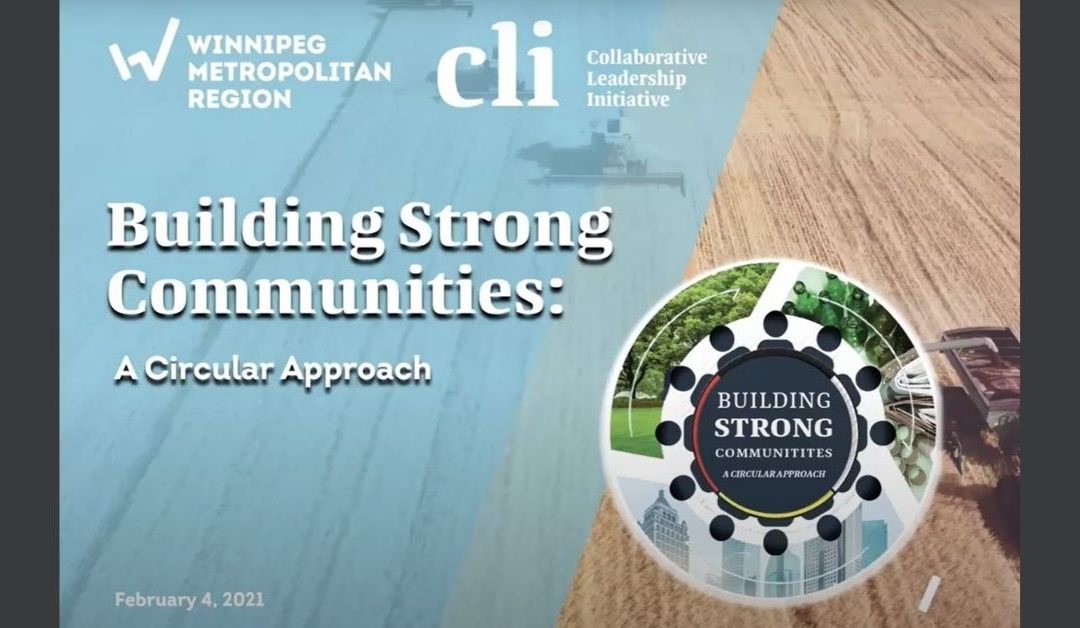April Showers: Across Manitoba spring seeding has begun, but unlike other years, where we have to keep an eye on the potential of spring flooding, this year the province is in the midst of an unprecedented and record-breaking dry spell. This April was the fourth driest April on record since 1872 (when we began keeping records) and the driest in 30 years. In April, Winnipeg received just 1.7 millimetres of rain while it normally gets an average of 20 mm.
It’s hard for most of us to believe that with a seemingly unlimited amount of fresh water, as witnessed in springs past, we could now face the very real possibility of a severe drought.
Since the 1800s, Manitoba has experienced major flooding and over the past twenty years we have seen spring floods that have been the most damaging and destructive in our province’s history; in fact, some Indigenous communities in Manitoba are still recovering from the disastrous 2011 spring flood with some residents returning home nearly 6 years after being forced from their homes and communities.
Over the years, keeping water out of our city, our yards and our basements has been the spring preoccupation for many. I think most of us have filled and pitched sandbags or supported those who were on the front lines battling flood waters.
As Manitobans, I think it is fair to say we have become very good at moving water out of our city, away from our properties and off of our land very quickly.
But will this water management strategy serve us well in the coming years and decades as we experience the effects of a changing climate?
At the Winnipeg based Prairie Climate Center, detailed maps and world-class research shows that our conditions will change and not necessarily for the better. What the Prairie Climate Center’s research and excellent visualizations call us to think about is how the changes will effect us as individuals, as communities and as a province:
- What will the extreme heat mean for those living without air conditioning?
- What will ice storms do to our infrastructure; what will changes in precipitation mean for crop selection and the productivity of our fertile farmland?
- What will our economy look like as it adapts to changes in our environment?
These big issues and challenging questions will need to be contemplated by elected leaders, policy makers, engineers, scientists, NGO’s and the public alike. We will need to get out ahead of this and begin to take appropriate action.
We have seen other countries and continents across the globe deal with changes in climate that are unprecedented and have led to major changes in governance, in planning and in action; changes that have led to collaboration across all sectors and jurisdictions.
This year Cape Town, South Africa, a city of 4 million people was crippled by the three-year drought that left the city on the verge of running completely dry with no water for homes, businesses or agriculture. This dire situation led to the introduction of drastic water restrictions limiting residents to 50 liters or 13 gallons of water a day. These radical changes were not only implemented at the household level where long showers and clean cars have become a thing of the past, they were also implemented and enforced by governments who made corresponding changes to policy and legislation. These drastic actions and changes have succeeded in reducing consumption to 50% of the normal usage and have successfully pushed day zero, the day that taps run dry, off for one more year.
In the case of water consumption in South Africa and averting the unimaginable disaster of day zero, government, business and industry, and civil society worked together. They have all had to pitch in and do their part even if it was uncomfortable and extremely unpopular.
So this being said, I don’t think we are completely sure of what will need to change and how it will need to change for us to get on top of this situation, but perhaps other jurisdictions can offer us a glimpse into some strategies that have worked, or not worked, offering us a place to start, to plan and to act. What we can be sure of is that we will be called on in one way or another to respond and adapt.
But for right now all we can do is hope that we get some rain!






0 Comments